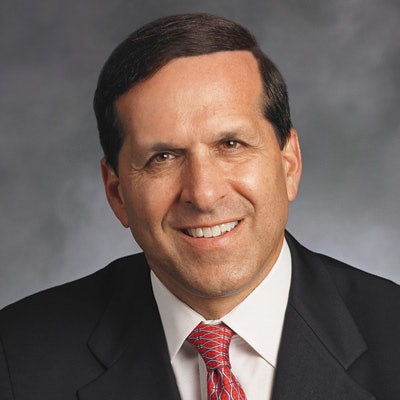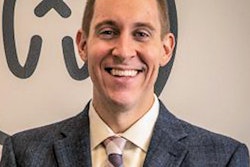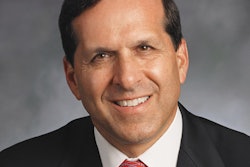
Dr. Roger P. Levin brings you the most thought-provoking topics from the Dental Business Study Clubs, an organization focused on the business of successful dentistry. Each month, Dr. Levin will explore an aspect of the business of dentistry in detail.
 Roger P. Levin, DDS, is the executive founder of the Dental Business Study Clubs.
Roger P. Levin, DDS, is the executive founder of the Dental Business Study Clubs.I often point out to doctors that the staff they have today is highly unlikely to be the same staff they will have at the time that they retire. Whether they want to or not, dentists will be faced with the task of hiring new staff throughout their careers. Unfortunately, new hires don't always work out.
However, practices can be in control of whether they have high or low staff turnover. Levin Group has looked at the most common reasons behind the failure of a new hire, and we believe that practices can do more to raise their chances of hiring the right candidates.
5 reasons
Investing time upfront will help you with your hiring and retention process, so try to avoid the following mistakes.
1. No written job description
Most dental practices don't have current job descriptions for their team, which results in hiring employees who don't necessarily understand the job or its requirements. One practice we consult with recently hired a dental hygienist who resigned after one week because she was not given a minimum of 1 hour 20 minutes per appointment.
This was never discussed in the interviewing or hiring stages by either party. Failed expectations on both sides led to a waste of time and the practice having to start over to find the right hygienist.
Writing job descriptions is not a complex task. You can go online and find numerous examples. We do recommend that you include a section on what the staff member is accountable for. This is the only way to clearly set the expectations for job performance and help the individual succeed in the position.
2. Poor interviewing techniques
All too often, dentists or office managers rush the hiring process because they're anxious to acquire much-needed staff. While this is understandable, poor interviewing techniques often lead to the failure of a new hire.
We suggest conducting a telephone screening with key questions and holding at least two interviews with qualified applicants. The first interview should be about asking the candidate enough questions to determine if they're a good fit for the practice. The second interview is about getting to know the person better and ensuring that the candidate understands the requirements of the position.
Having at least two interviews gives you a chance to meet this individual in two different time frames so that you can assess their personality, attitude, skill set, and experience.
3. Overselling the practice
Doctors are very proud of their practices, as they should be. The downside of this is that they may work so hard to sell the candidate on the practice that they create an unrealistic set of expectations. When the new hire starts the position and finds out that the practice, position, or both are not what they expected, they become disappointed and unmotivated.
One way to avoid this is to have a team member also interview and talk to the new hire. Team members often present more realistic expectations because they want to work with people they feel will fit well on the team.
4. Not considering the candidate's personality
Certain personalities will fit your practice better than others, so it's important to assess how someone will get along with you and your staff. For example, one upbeat, superpositive person can be well received by your team or viewed as an overly chatty annoyance.
One of the best ways to assess personality is to ask the candidate how they would react to different situations. What makes them angry? What makes them happy? What kind of people do they like to work with? Who are their favorite patients? Do they get frustrated or annoyed at difficult patients? Asking these questions can go a long way toward understanding the personality of the job candidate.
5. Not checking references
I find it amazing how many staff members are hired without ever having their references checked. It's a simple practice that can save a lot of unnecessary and unfortunate surprises.
Keep in mind that you must do more than simply ask a reference what they think of the candidate. Ask probing questions about their performance, punctuality, absences, and any personal issues that may have interfered with their job, being aware of your state or locality's employment laws. Also be sure to check all references, not just the most recent reference.
Be successful
The better you interview and take the time to avoid the five mistakes listed above, the more likely you are to bring someone into your practice that will be successful.
Roger P. Levin, DDS, is the executive founder of the Dental Business Study Clubs.
The comments and observations expressed herein do not necessarily reflect the opinions of DrBicuspid.com, nor should they be construed as an endorsement or admonishment of any particular idea, vendor, or organization.



















